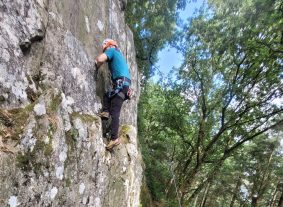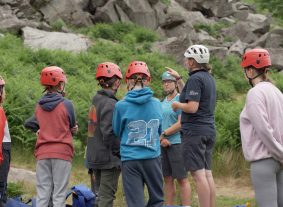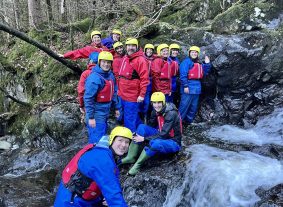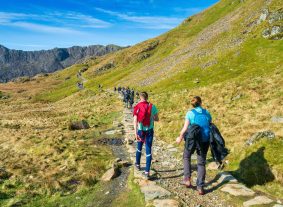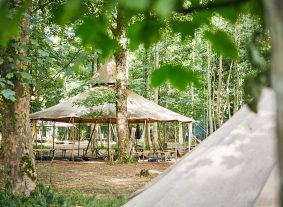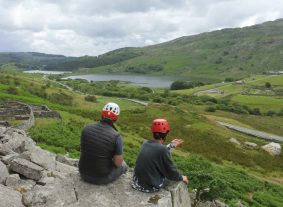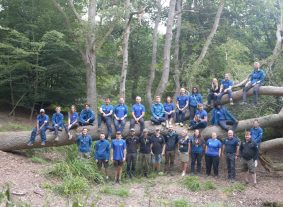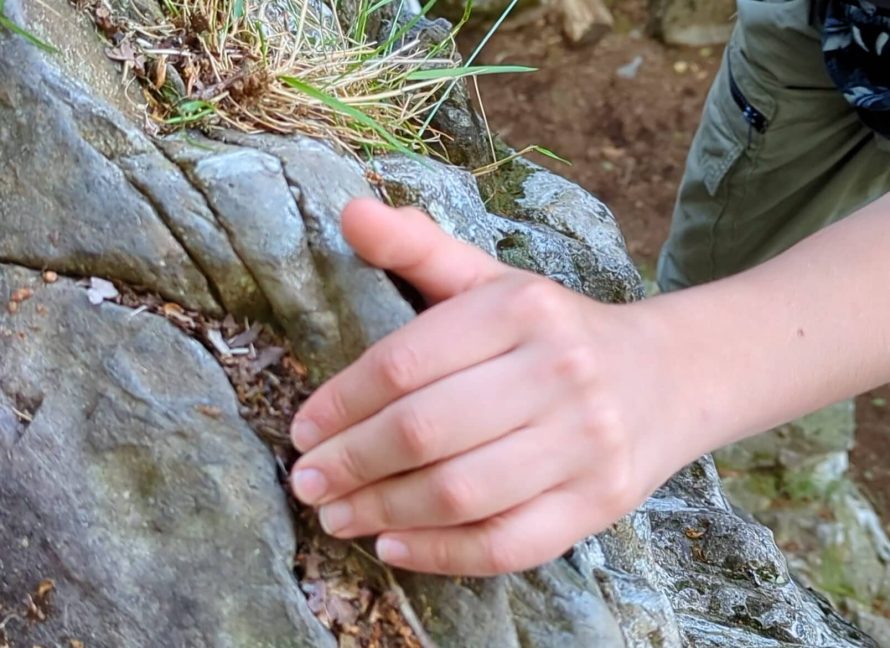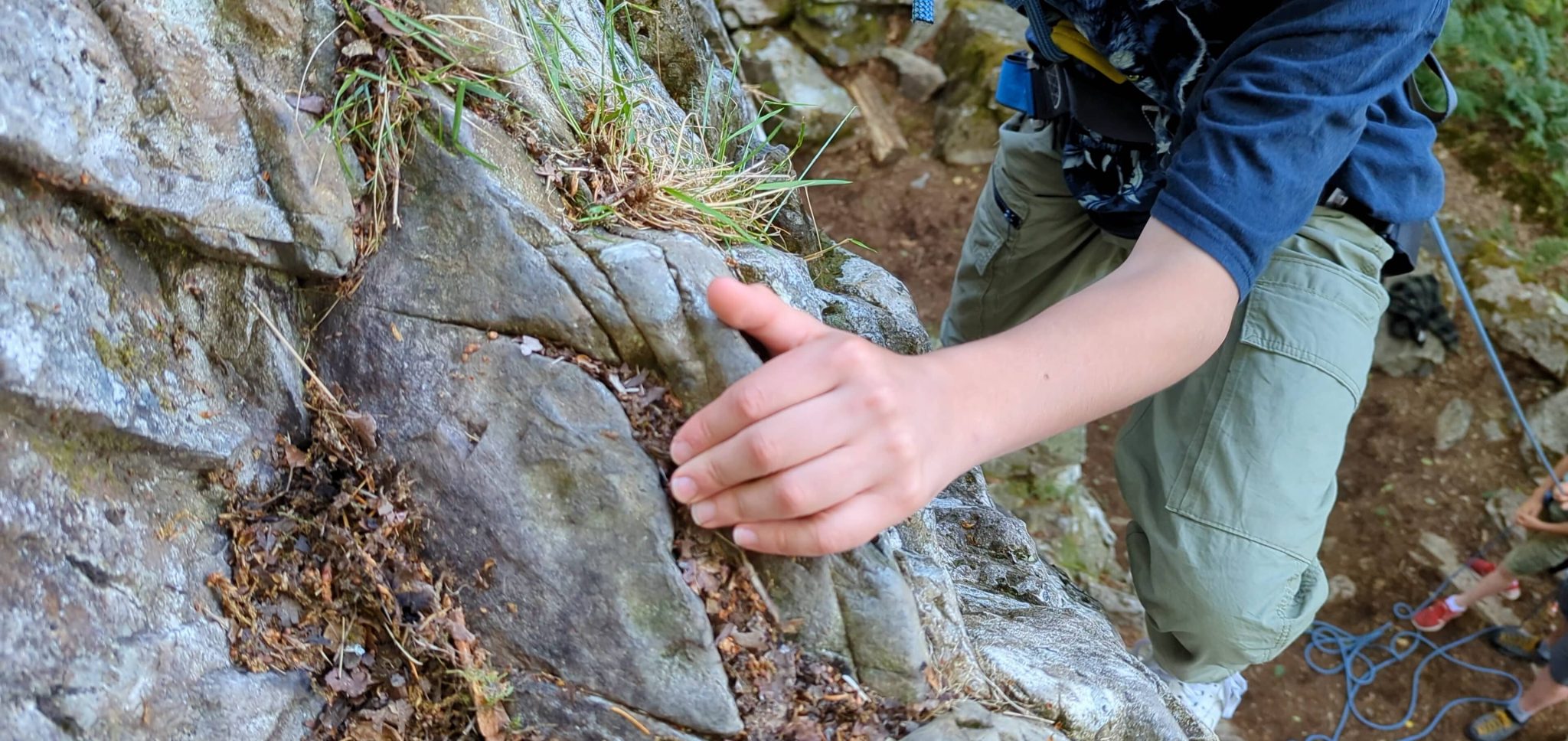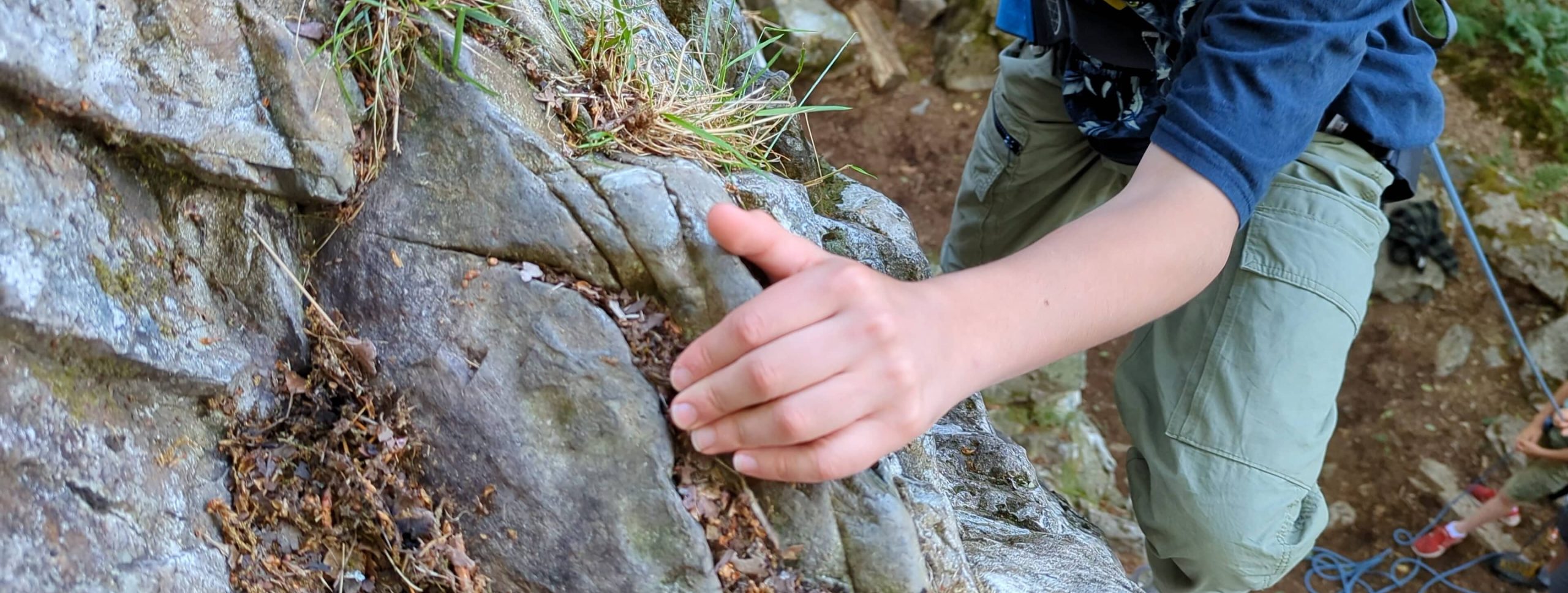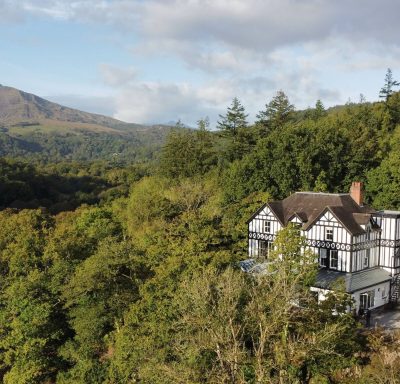Mountain climbing and abseiling are thrilling activities that not only push physical boundaries but also offer profound personal growth. At Active Learning Centres, these adventures are designed to provide participants with an exhilarating experience while teaching valuable life skills.
A Brief History of Mountain Climbing and Abseiling
Mountain climbing, also known as mountaineering, dates back to ancient times when people climbed for survival, hunting, and exploration. The sport began to take shape in the 18th century when the Alps became the playground for early adventurers. In 1786, the first recorded ascent of Mont Blanc by Jacques Balmat and Michel-Gabriel Paccard marked the birth of modern mountaineering. Since then, the sport has evolved, with climbers tackling peaks worldwide, culminating in the iconic 1953 ascent of Mount Everest by Sir Edmund Hillary and Tenzing Norgay.
Abseiling, or rappelling, emerged as a technique developed by climbers to descend steep terrain. The term “abseil” comes from the German word “abseilen,” meaning “to rope down.” This method became widely recognized in the early 20th century, particularly among European mountaineers and later among rock climbers and cavers globally. Today, abseiling is an essential skill in various outdoor activities and rescue operations.
The Skills Involved in Mountain Climbing and Abseiling
Both mountain climbing and abseiling require a combination of physical prowess, mental fortitude, and technical knowledge. Here’s a breakdown of the key skills involved:
- Physical Fitness: Endurance, strength, flexibility, and balance are crucial for climbing and abseiling. Regular training, including cardiovascular workouts, strength training, and flexibility exercises, helps prepare climbers for the demands of these activities.
- Technical Skills: Climbers must master techniques such as belaying, knot tying, route finding, and proper use of climbing equipment like harnesses, ropes, carabiners, and belay devices. Abseiling requires specific skills for rope management and controlling descent speed.
- Mental Resilience: Mountain climbing and abseiling can be mentally challenging. Climbers need to remain calm under pressure, make quick decisions, and overcome fear and fatigue. Mental training, such as visualisation and mindfulness, can be beneficial.
- Safety Awareness: Understanding weather conditions, assessing risks, and knowing rescue techniques are vital for safe climbing and abseiling. Safety always comes first, and climbers must be prepared for emergencies.
The Benefits of Mountain Climbing and Abseiling
Engaging in mountain climbing and abseiling offers numerous benefits beyond the thrill of adventure:
- Physical Health: These activities provide a full-body workout, improving cardiovascular health, muscle strength, and flexibility. The physical exertion also promotes weight loss and enhances overall fitness.
- Mental Well-being: Climbing and abseiling reduce stress and anxiety, boost self-esteem, and foster a sense of accomplishment. The focus required during these activities can also improve concentration and mental clarity.
- Personal Growth: Overcoming challenges in climbing and abseiling builds resilience, perseverance, and problem-solving skills. It also encourages teamwork, communication, and trust when climbing with a group.
- Connection with Nature: These activities offer a unique opportunity to connect with nature, providing a sense of peace and perspective. The stunning vistas and natural beauty encountered during climbs are unmatched.
Why Mountain Climbing and Abseiling are Fun
The excitement and joy of mountain climbing and abseiling are unmatched. Here’s why these activities are so much fun:
- Adrenaline Rush: The thrill of reaching new heights and the rush of descending a cliff face create an adrenaline-fueled experience that is both exhilarating and rewarding.
- Exploration and Adventure: Climbing and abseiling take participants to breathtaking locations and offer a sense of exploration and adventure. Each climb presents new challenges and discoveries.
- Sense of Achievement: Conquering a peak or completing a descent provides an immense sense of achievement. The hard work and determination pay off, leaving climbers with lasting memories and pride.
- Social Connection: These activities are often enjoyed in groups, fostering camaraderie and shared experiences. The bonds formed during climbs and abseils are unique and lasting.
Mountain climbing and abseiling are more than just outdoor activities; they are journeys of self-discovery, personal growth, and exhilarating fun.
